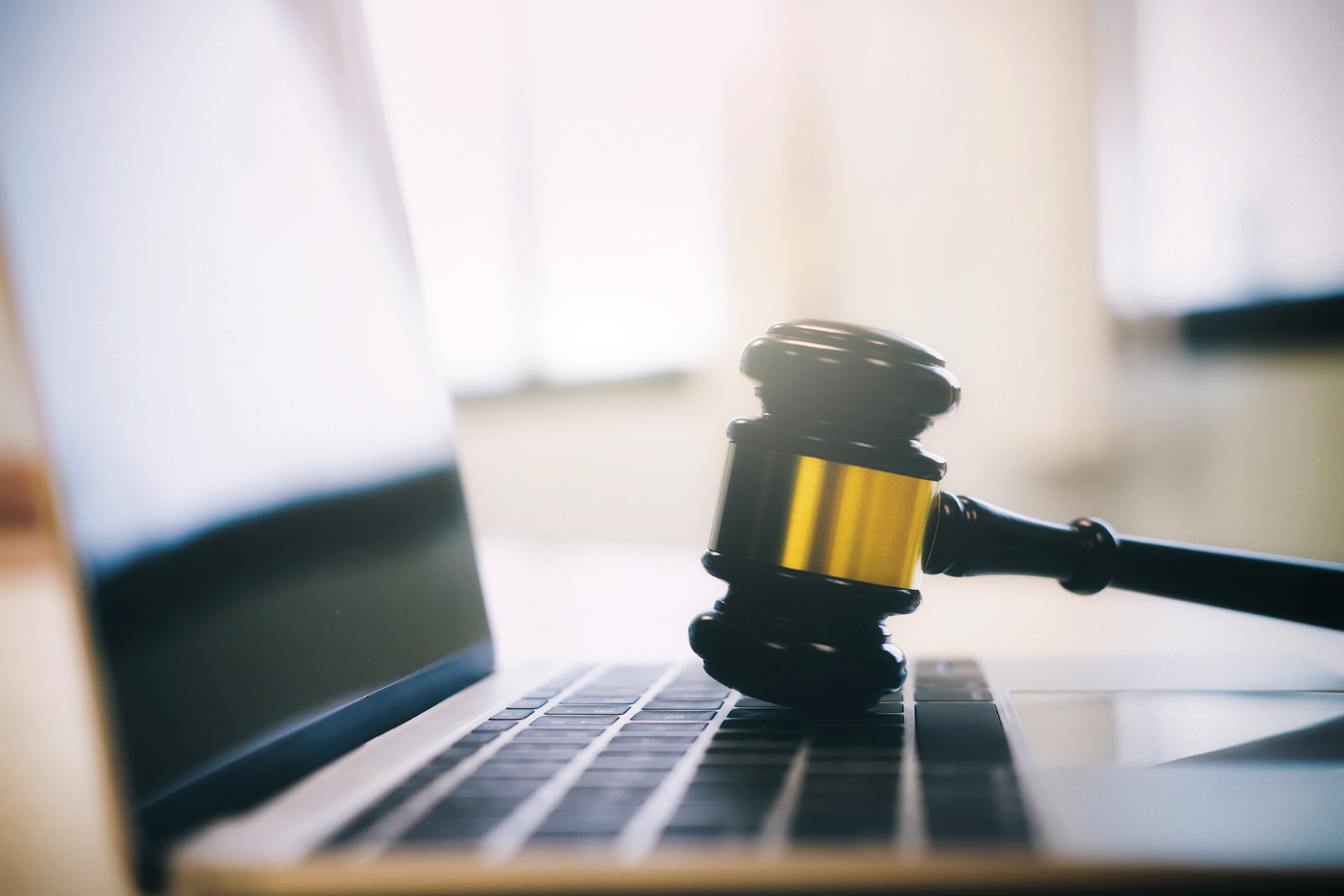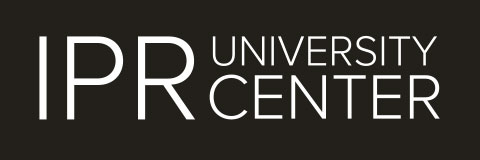Research & Copyright and Related Rights

Warmly welcome to IPR University Center’s course for university researchers. This is the first part of the course and the second one focuses on industrial property rights and research.
This course is targeted to researchers who are currently working in Hanken School of Economics, University of Helsinki or University of Turku.
PROGRAM
10.00 – 10.45 Basics of Copyright – What is useful to know about copyright law?
Did you know that whenever you write a paper for your class or a poem, you automatically own the copyright to it? The basics of copyright will teach you the structure of the Copyright Act. An author has an exclusive right to make copies of the work or make the work available to the public and has moral rights to the work. You will get an insight of which works are protected by copyright and who owns the copyright to a work.
Noora Arkia, Legal Counsel, VTT
10.45 – 11.00 Break
11.00 – 11.45 Teaching and good practices
Can I use someone else’s work? Can someone else use mine? Whether you are a professor or a student, many occasions will arise where you will want to use the copyrighted works of others. The exclusive rights of the copyright owner are limited. This lecture discusses the main issues to con-sider when using copyrighted material, including the limitations on the exclusive rights and different types of licenses. You will learn which copyrighted materials can be used for educational purposes without permission from the owners.
Noora Arkia, Legal Counsel, VTT
11.45 – 12.30 Lunch
12.30 – 13.15 Data sharing and visibility
Sharing research outputs – publication and data – is a core value of open science. Sharing research outputs benefit researchers, research community and society. It increases citations, accelerates the development of science and catalyses innovations and improves decision making. Open science can also benefit global equality when the research findings can be found and be accessed freely worldwide. But simply just depositing data in a repository, making research data open, is not enough. What practical measures must be done in order to share data in a controlled manner so that it gains as much visibility as possible and enables data reusability?
Päivi Kanerva, Information specialist, University of Tampere
13.15 – 13.30 Break
13.30 – 14.15 Open source licensing
What is open source licensing? What is the difference between open source and free software? What kind of conditions apply to open source software? These questions and the benefits and risks of open source licensing will be discussed.
Jalmari Männistö, Master of Laws, University of Turku
14.15 – 14.30 Break
14.30 – 15.30 Text and data mining What is Text and data mining and how is it regulated? What are the possibilities for research institutions and commercially operating businesses? What requires a prior permission what can be done freely?
Doctoral Candidate Maryna Manteghi, University of Turku
Järjestävä organisaatio
IPR University Center

 -verkkolehti
-verkkolehti